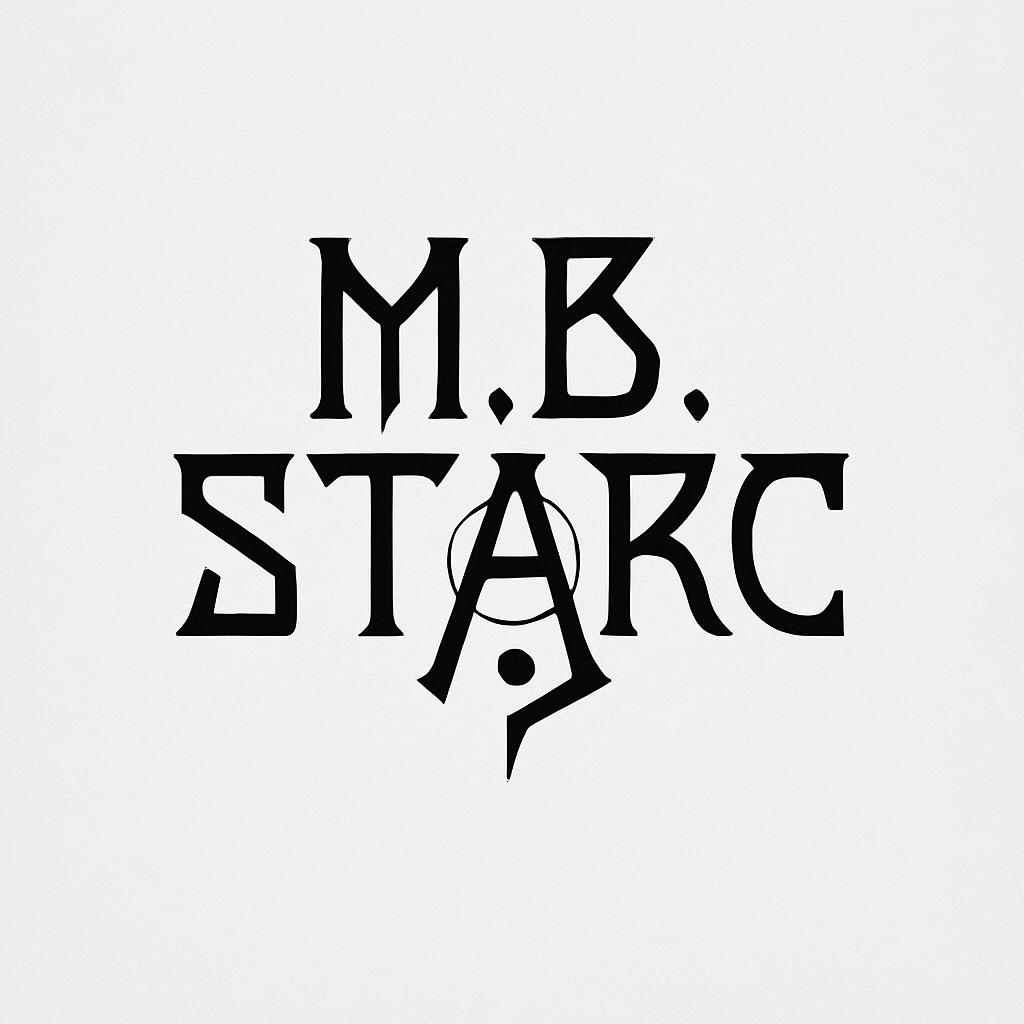The Idea
An idea is a living entity. It can possess a man as much as a demon can. The body may be broken by possession, but the mind too can be destroyed by an idea that takes root. Yet without ideas, civilization would never have risen. They are what lift us from animal instinct into meaning — even as they bind us in their chains. Without them, we are nothing. With them, we are often their slaves.
- Inspired by Carl Jung’s Collective Works, Vol. 11
—————————————
1. Ideas as archetypal images
“The archetype is an irrepresentable factor, a potentiality which at first appears in projection. It acquires solidity, influence, and eventual conscious recognition only by being clothed in the material of experience, and it is therefore only discernible from the effects it produces. These effects are usually expressed in the form of symbolic ideas.”
(CW 9i, §155)
2. Ideas as possession
“One does not make advances in psychology by means of dialectics, but by experiences with ideas. These ideas, it is true, do not fall from heaven; they have a human history. But it is not man who makes them; they arise from the unconscious of man. They are what I call archetypes, which are older than consciousness, and which seem to have a life of their own.”
(CW 18, §1228)
3. Ideas as numinous and powerful
“It is not we who invent myth; rather it speaks to us as a word of God. The primitive mentality does not invent myths, it experiences them. Myths are original revelations of the preconscious psyche, involuntary statements about unconscious psychic happenings. Such statements are of greater value than our scientific ideas, which are no more than translations of reality into consciousness.”
(CW 9i, §261)
4. Ideas shaping civilization
“Ideas are not made, they happen—like dreams. They grow out of the unconscious and burst into consciousness like the products of nature. They are not inventions but natural occurrences. Just as we can discover in the realm of nature the greatest laws of the cosmos, so we may discover in the psyche the eternal images that have shaped human civilization.”
(CW 9ii, §301)
5. The danger of identifying with ideas
“The possession of an idea, that is, when the idea possesses us, can be just as dangerous as possession by a demon. The idea can obsess the mind and drive it to acts of folly, or exalt it to the heights of creative power. Everything depends on whether man identifies with the idea or not.”
(CW 11, §37)
6. Ideas as intermediaries between unconscious and consciousness
“Every advance in culture is, psychologically, an extension of consciousness. But the extension of consciousness is achieved by the addition of unconscious contents. These contents must be so assimilated into consciousness that they are no longer experienced as strange ideas, but as a part of our own minds.”
(CW 10, §455)
- Direct Quotes from Carl Jung’s Collective Works
——————————————-
Ideas are not polite guests.
They are invaders, builders, destroyers.
Jung understood them as living forces, autonomous and unpredictable.
For a writer, this is both a terror and a gift: the recognition that we don’t invent stories so much as we are chosen by them.
- Eye See You - And The Ideas Hiding Behind You
